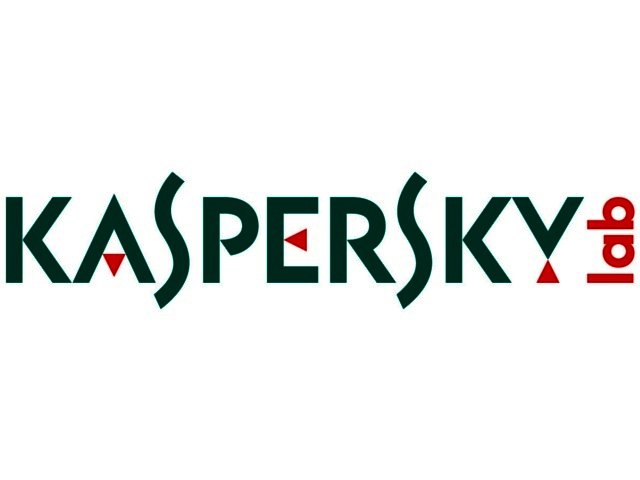PREVIOUS ARTICLENEXT ARTICLE
NEWS

Kaspersky comments on military cyber attack
By Ryan Noik 14 October 2011 | Categories: news
In a case of life imitating art, Kaspersky has reported that a cyber attack has occurred, eerily reminiscent of that portrayed in the movie Die Hard 4. The company related that, according to Wired, the ground control stations (GCS) of unpiloted military aircraft (drones) in the US had been infected by a virus earlier this month.
After infiltrating the cockpits of Predator and Reaper drones, the virus then started logging pilots’ keystrokes as they remotely flew missions. Apparently the virus was transferred via portable hard drives which were being used to load missions and maps.
“That’s all the information we have at the moment,” said Eugene Kaspersky, co-founder and chief executive officer of Kaspersky Lab. “Anything else would be mere guesswork and speculation but sadly it’s not the first time drones have appeared in the headlines of late due to security issues, which makes we worry about what the future holds.”
Kaspersky pointed out that drones, airplanes, cars, power stations, electricity grids, reservoirs, hospitals, and hotels, for example, are vital elements of infrastructure on which all our lives depend, and they are all controlled by computers and networks.
“We rely on them completely. However, we can only guess at how they work and how well they are protected, or, rather, unprotected,” added Kaspersky.“And what can occur as a result of deficient protection is anyone’s guess. Just watch Live Free or Die Hard - half of it is of course pure fantasy, the other half is now a reality - hard boiled and nasty,” he continued.
Kaspersky pointed out that, while this incident is not the first (nor presumably the last) time that malware will penetrate essential equipment on which lives depend, what’s to be done about this worrying threat is not clear at present.
He explained that it’s impossible to solve this problem quickly. “To do so would mean either becoming fully protected - which is impossible, or to simply stop using such systems - also impossible: the former - because any computer system is potentially vulnerable; the latter - because we’d all be jettisoned back to the first half of the last century, or even further back in time.”
He added that while the operating system the drones work on is unknown, their control centres (the ones that were infected) was apparently a version of Windows.
To disinfect the drones, GCS technicians had to completely erase the GCS’ internal hard drives. According to Kaspersky, this indicates that it was not a common virus. “Maybe the assistance of a respected anti-malware expert could have avoided this drastic measure – but what is certain, is that this is the first of many to come,” concluded Kaspersky.
“That’s all the information we have at the moment,” said Eugene Kaspersky, co-founder and chief executive officer of Kaspersky Lab. “Anything else would be mere guesswork and speculation but sadly it’s not the first time drones have appeared in the headlines of late due to security issues, which makes we worry about what the future holds.”
Kaspersky pointed out that drones, airplanes, cars, power stations, electricity grids, reservoirs, hospitals, and hotels, for example, are vital elements of infrastructure on which all our lives depend, and they are all controlled by computers and networks.
“We rely on them completely. However, we can only guess at how they work and how well they are protected, or, rather, unprotected,” added Kaspersky.“And what can occur as a result of deficient protection is anyone’s guess. Just watch Live Free or Die Hard - half of it is of course pure fantasy, the other half is now a reality - hard boiled and nasty,” he continued.
Kaspersky pointed out that, while this incident is not the first (nor presumably the last) time that malware will penetrate essential equipment on which lives depend, what’s to be done about this worrying threat is not clear at present.
He explained that it’s impossible to solve this problem quickly. “To do so would mean either becoming fully protected - which is impossible, or to simply stop using such systems - also impossible: the former - because any computer system is potentially vulnerable; the latter - because we’d all be jettisoned back to the first half of the last century, or even further back in time.”
He added that while the operating system the drones work on is unknown, their control centres (the ones that were infected) was apparently a version of Windows.
To disinfect the drones, GCS technicians had to completely erase the GCS’ internal hard drives. According to Kaspersky, this indicates that it was not a common virus. “Maybe the assistance of a respected anti-malware expert could have avoided this drastic measure – but what is certain, is that this is the first of many to come,” concluded Kaspersky.
In recent news, Kaspersky teamed up with Microsoft to eliminate the Kelihos botnet.
USER COMMENTS
Most Read Articles
Read

Magazine Online
TechSmart.co.za is South Africa's leading magazine for tech product reviews, tech news, videos, tech specs and gadgets.
Start reading now >
Download latest issue
Have Your Say
What new tech or developments are you most anticipating this year?
New smartphone announcements (46 votes)
Technological breakthroughs (29 votes)
Launch of new consoles, or notebooks (14 votes)
Innovative Artificial Intelligence solutions (29 votes)
Biotechnology or medical advancements (24 votes)
Better business applications (160 votes)



